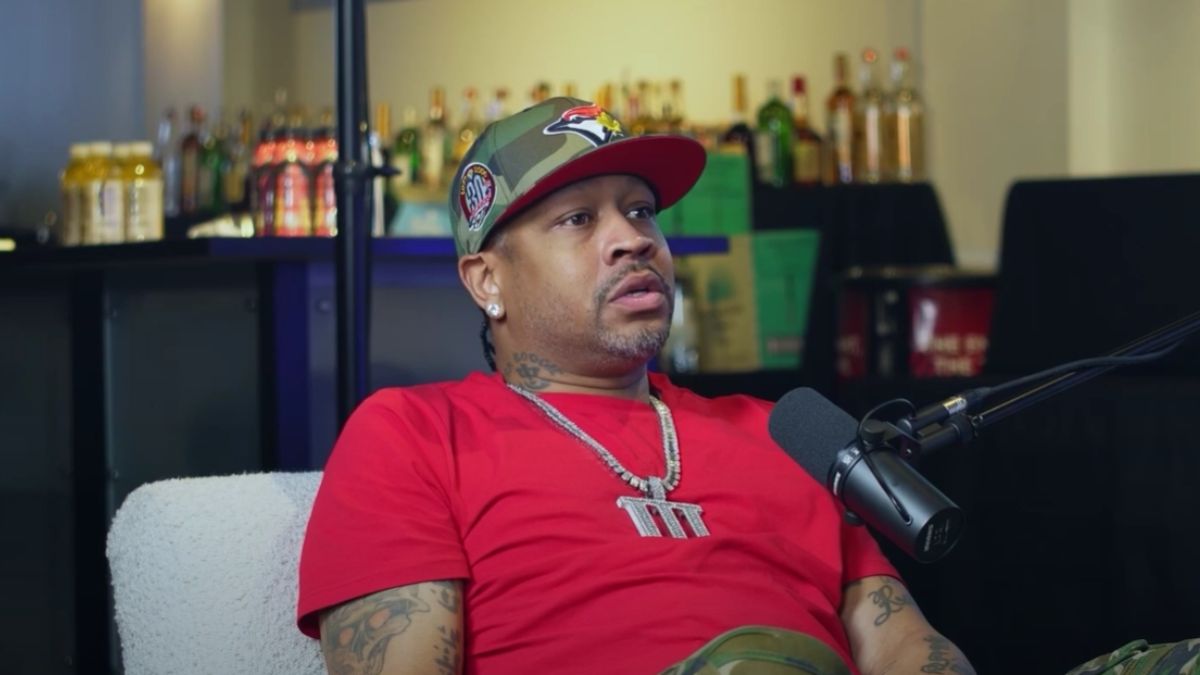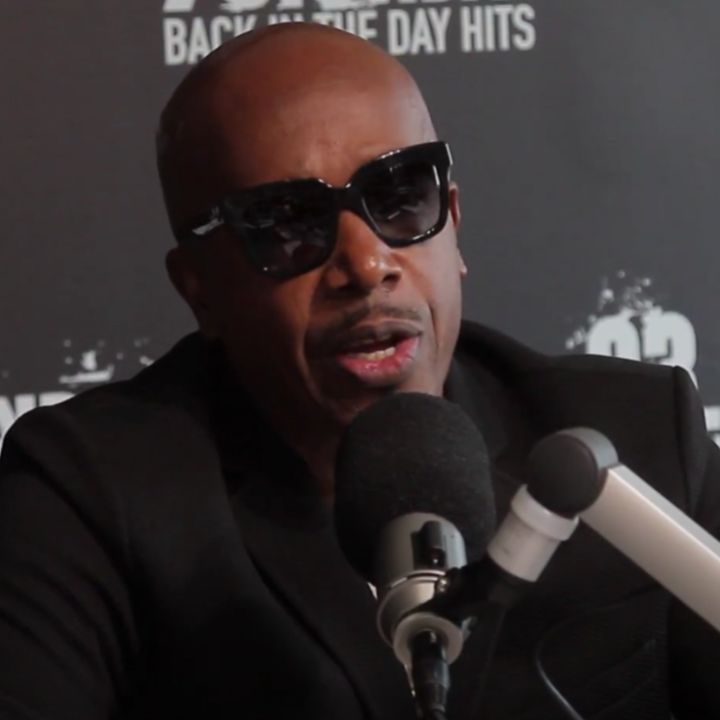Allen Iverson, once one of the NBA’s most electrifying stars, amassed huge earnings—reportedly over $150 million just from salary, with endorsements pushing that number even higher. But by the early 2010s, Iverson’s financial situation was dire: in 2012, he filed for bankruptcy, revealing that his spending—on cars, jewelry, entourage, legal fees—had outpaced even his substantial income. Fast forward to today, though, and things look very different. Through smart deals—especially with Reebok—and new roles in business strategy, Iverson is climbing back. His story raises a question: Is this comeback one of the greatest net worth redemptions in sports history?
The Lifetime Reebok Deal That Brought Stability for Allen Iverson
One of the cornerstones of Iverson’s redemption is his lifetime endorsement deal with Reebok. The deal reportedly provides Iverson with $800,000 annually for life, plus a $32 million trust fund that kicks in when he turns 55. Unlike lump-sum payouts that can be squandered, this structure forces long-term thinking. It means even if other income sources fluctuate, he has a guaranteed bedrock of financial support. Given his previous financial pitfalls, this kind of deal looks like a lifeline rather than just money.
View this post on Instagram
Another part of his redemption is stepping into leadership with Reebok. In 2023, Iverson became vice president of Reebok’s basketball division, working under Shaquille O’Neal, who now leads Reebok Basketball. That role gives him more than just residual checks—it gives influence and a stake in the brand’s revival. Reebok’s resurgence under Authentic Brands Group (ABG) and its nostalgia-driven strategy, featuring Iverson’s legacy, aligns with sneaker culture’s revival cycles. So his comeback isn’t just personal—it’s visible in the marketplace. If Reebok succeeds, Iverson’s financial identity and net worth could rise significantly.
Spending Past vs. Earning Present – The Gap Is Still Real
Even with these wins, his current estimated net worth is modest compared to what one might expect from someone with his career earnings. Some reports state his net worth at around $1 million, showing the harsh toll that past overspending and liabilities took. It’s also worth noting that large debts, tax issues, divorce, and lifestyle costs consumed large portions of what he earned. So while the comeback is real, there’s still a huge gap to being “secure” in the way many imagine retired superstars. However, the lifetime Reebok deal gives him a runway that many athletes don’t have.
Iverson’s comeback isn’t purely financial—it rides on culture. His legacy—on-court explosiveness, style, authenticity—still resonates in basketball and sneaker culture. That gives him a unique brand value beyond just endorsements. Reebok, leaning on its signature shoe lines and Iverson contributing to business strategy, taps that goodwill. In today’s era, legacy and cultural capital translate into financial opportunities in ways that past athletes didn’t quite leverage as well. So his redemption is both symbolic and material.
Comparisons: Is It “The Greatest” Comeback Story?
View this post on Instagram
There are other athletes who’ve lost fortunes and made comebacks (like athletes who went bankrupt and then restructured, or turned to media/business). What makes Iverson’s case unusual is the structured lifetime income, the trust fund, executive role, and brand revival. He’s not just trying to get back to zero—he’s building forward. But “greatest net worth redemption” implies coming very far from a low point and achieving a durable turnaround. Iverson’s revival, while significant, is still a work-in-progress. Time will tell if he can surpass others in scale and security. Yet already, he offers a compelling template for financial redemption in the sports world.
His Net Worth Redemption Changes the Narrative
Allen Iverson’s net worth redemption isn’t just about recovering lost millions—it’s about transforming liabilities into leveraged legacy and revenue streams. The lifetime Reebok deal, executive role, and cultural relevance combine to form more than just “making ends meet.” This comeback story teaches that with the right deals, brand alignment, and long-term contracts, one can rewrite financial destiny.
For sports stars, his story raises new standards: it’s no longer enough to just earn big—you need structures to protect those earnings. Would you call Iverson’s turnaround the greatest net worth redemption story you’ve heard?
You May Also Like
- Is Roger Federer A Billionaire? Here’s His Net Worth
- 6 Athletes Who Built More Than Just a Legacy—They Built Fortunes
- Did Politics Make Charlie Kirk Rich? A Look at His Financial Empire
- Did Charlie Kirk Build a Movement That Outlives Him?
- What Are The Olsen Twin’s Net Worth?

Amanda Blankenship is the Chief Editor for District Media. She frequently writes for a handful of blogs and loves to share her own personal finance story with others. When she isn’t typing away at her desk, she enjoys spending time with her daughter, son, husband, and dog. During her free time, you’re likely to find her with her nose in a book, hiking, or playing RPG video games.


